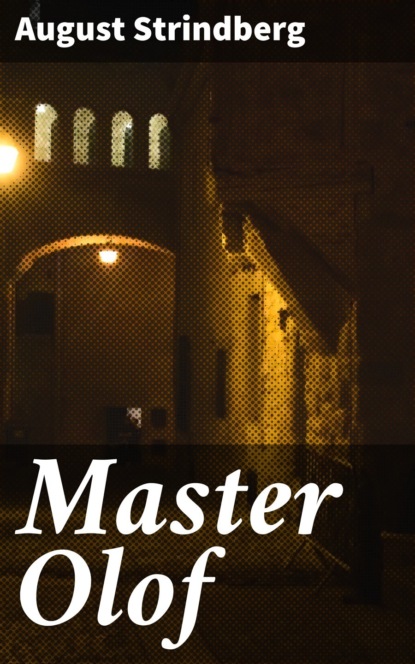Sayfa sayısı 130 sayfa
0+
Kitap hakkında
Master Olof, written by August Strindberg, is a profound exploration of identity, faith, and the clash between the individual and society during the dawn of the Reformation in 16th-century Sweden. Strindberg employs a naturalistic style infused with psychological depth, showcasing the internal struggles of the titular character, Olof, as he grapples with his loyalty to Catholicism and the revolutionary ideals of Lutheranism. The play'Äôs vivid character portrayals and rich dialogue serve to highlight the tumultuous socio-political landscape of the era, inviting readers to reflect on the complexities of religious conversion and personal conviction. August Strindberg, a prominent figure in Swedish literature, is known for his radical views on art and society, often mirroring his own tumultuous life experiences. Strindberg's discontent with societal norms and his quest for existential understanding significantly influenced his writing. His personal battles with faith, identity, and human relationships are intricately woven into Master Olof, reflecting his own struggles amidst the broader cultural shifts of his time. For scholars and avid readers alike, Master Olof offers not only a captivating narrative but also a rich tapestry of historical context and psychological intricacies. Strindberg's work invites readers to engage with the text on multiple levels, making it an essential addition to any literary collection.'Äù} Îê©ÎãàÎã§. Looking for further insights into Strindberg'Äôs profound navigation of human experience, one cannot afford to overlook this remarkable drama.
